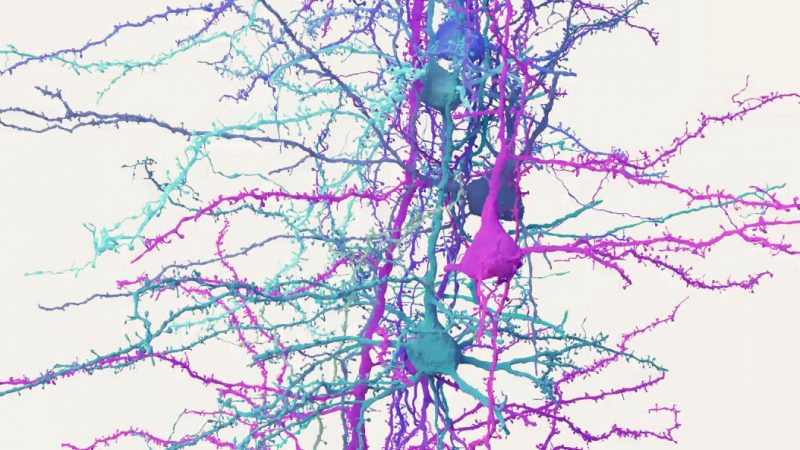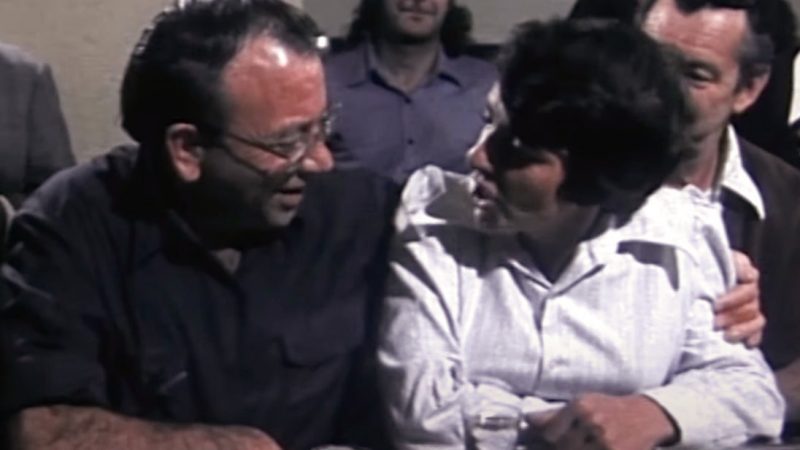Rushdie’s Moral Heroism
Thirty-three years ago, Iran’s Supreme leader, Ayatollah Ruhollah Khomeini issued a religious decree committing the murder of Salman Rushdie, author of The Satanic Verses. This was a work of magical realism partly inspired by the life and times of the Prophet Muhammad. The 15 Khordad Foundation offered a multi-million dollar bounty to the person who executed the sentence.
Rushdie fled to hide after attempts to reconcile the regime with an apology failed. He was then forced to live the rest of his life under the threat of being assassinated. In 1998, Iran’s Mohammad Khatami government indicated that it would not support Rushdie’s assassination in an effort to restore diplomatic relations with Britain. Three years later, Khatami declared that the matter was “closed.”

However, Iran’s religious leaders are much less interested in international diplomacy and have been very open in stating this to anyone who was listening. Khomeini’s successor Ayatollah Al Khamenei has repeatedly said that the fatwa would not–indeed cannot be lifted, even if Rushdie ” repents” and becomes the most pious Muslim of Earth. The Supreme Leader’s account on Twitter was briefly blocked after it posted this tweet:
While some details remain to be clarified, these types of pronouncements almost certainly help to explain why Hadi Matar, a 24-year old man, attacked Rushdie on Friday, August 12, at Chautauqua’s literary festival. Matar ran up to Rushdie’s stage and repeatedly stabbed him in the neck and abdomen. Eventually, he was restrained physically by the audience. It was a sad irony that Rushdie was waiting to give a lecture where he would refer to the United States as a safe place for exiled writers.
Next >>








